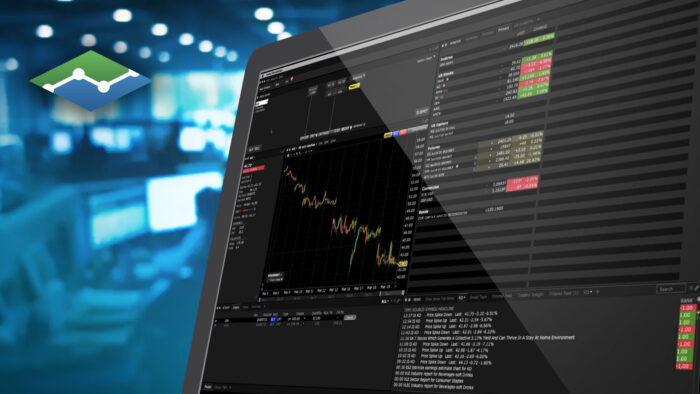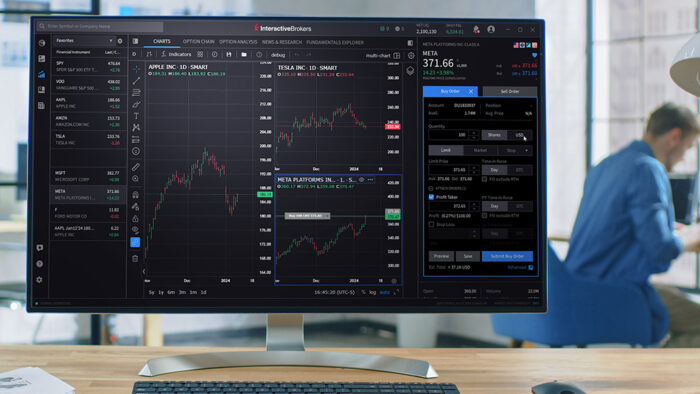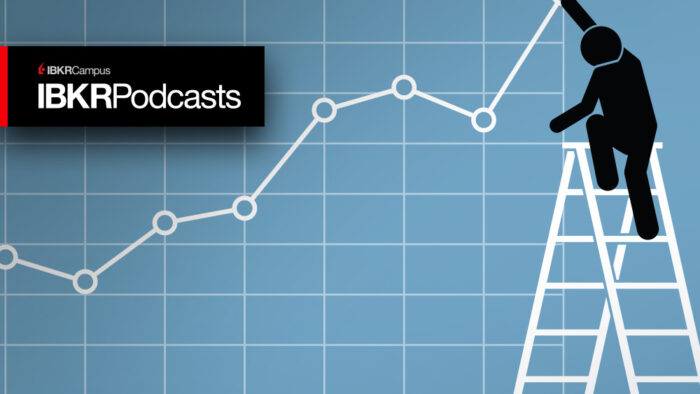Originally posted, 24 January 2024 – Decarbonising aviation promises sky-high rewards
In November, a Virgin Atlantic Boeing 787 took off from London’s Heathrow Airport, flew across the Atlantic, and landed in New York. But there was something about this seemingly mundane journey that made it monumental. It was the fact that the plane flew entirely on a blend of waste cooking oil, animal fats, and other unorthodox fuels. It was the first time a commercial airline operated a long-haul flight entirely on sustainable aviation fuels (SAF).
According to the FT, Virgin Atlantic’s co-founder Sir Richard Branson was on board and said during the flight, “I was just thinking of my histories of firsts across the Atlantic and all my previous ones I’ve ended up being pulled out of the sea, whether it is ballooning or boating. So I am very glad this will be my first time … that will land at an airport.”
The fact that it did may have been a welcome change in the billionaire entrepreneur’s adventures, but scientifically, there was nothing perilous about the journey itself. Sustainable aviation fuels can be used by any existing aircraft. While the journey would take the plane from the same origin to the same destination, it would do so at around 80% less cost to the environment given lower net emissions from sustainable aviation fuels.
What is sustainable aviation fuel?
Sustainable aviation fuel is made from biomass or waste-based organic feedstock. It can be blended with aviation fuels or used on its own in existing aircraft, thereby immediately creating an impact on decarbonising aviation.
But sustainable fuel has its challenges. Firstly, it has lower energy density. According to the World Economic Forum, one litre of jet fuel contains more energy than one litre of SAF. This means that more SAF fuel volume is required to complete the same journey compared to regular jet fuel. Secondly, it is four times more expensive than regular jet fuel. And thirdly, it currently only accounts for around 0.1% of all aviation fuels.
The opportunity
According to Our World in Data, aviation emissions have quadrupled since 1966 and account for around 2.5% of global CO2 emissions1. Any solution that can immediately help decarbonise this sector warrants consideration.
We know that lithium-ion batteries aren’t viable for long-haul commercial flights at this time. Hydrogen powered planes could be a viable option, but they may not come into operation before 2030. Given SAF’s potential to make an immediate impact, it is garnering a lot of interest from governments around the world. The UK Department of Transport said that it wants to boost production and use of SAF by introducing a rule that at least 10% of aircraft fuel is made using sustainable materials by 20302. Such regulatory support will inevitably pave the way for this industry to grow which will bring costs down and make SAF more ubiquitous and indeed more competitive.
The circular economy
Our traditional model of utilising natural resources has historically been linear, that is: take, make and dispose. A circular model, by contrast, is one in which we take, make and recycle. Renewable fuels are a perfect example of a circular approach, one which preserves both our natural resources and protects the environment.
At WisdomTree, we advocate the adoption of circular economy principles across all walks of life. Or at least where reasonably possible. The WisdomTree Recycling Decarbonisation UCITS ETF (WRCY), built in partnership with experts TortoiseEcofin, is founded on two key pillars. The first is waste to energy; this is the process of generating energy from waste such as garbage, animal manure, agriculture products and/or animal fats. This theme includes companies engaged in the production of renewable fuels, such as sustainable jet fuel, as well as ethanol and other biomass like wood pellets. The second pillar is recycling; these companies are engaged in recycling business activities including traditional processes such as plastic recycling, recycling plastics into original materials such as polypropylene for re-use and lithium-ion battery recycling, as well as companies engaged in carbon capture and sequestration.
Sources
1 Based on Our World in Data’s 2020 estimates.
2 UK Department of Transport March 2023.
Disclosure: WisdomTree Europe
This material is prepared by WisdomTree and its affiliates and is not intended to be relied upon as a forecast, research or investment advice, and is not a recommendation, offer or solicitation to buy or sell any securities or to adopt any investment strategy. The opinions expressed are as of the date of production and may change as subsequent conditions vary. The information and opinions contained in this material are derived from proprietary and non-proprietary sources. As such, no warranty of accuracy or reliability is given and no responsibility arising in any other way for errors and omissions (including responsibility to any person by reason of negligence) is accepted by WisdomTree, nor any affiliate, nor any of their officers, employees or agents. Reliance upon information in this material is at the sole discretion of the reader. Past performance is not a reliable indicator of future performance.
Please click here for our full disclaimer.
Jurisdictions in the European Economic Area (“EEA”): This content has been provided by WisdomTree Ireland Limited, which is authorised and regulated by the Central Bank of Ireland.
Jurisdictions outside of the EEA: This content has been provided by WisdomTree UK Limited, which is authorised and regulated by the United Kingdom Financial Conduct Authority.
Disclosure: Interactive Brokers
Information posted on IBKR Campus that is provided by third-parties does NOT constitute a recommendation that you should contract for the services of that third party. Third-party participants who contribute to IBKR Campus are independent of Interactive Brokers and Interactive Brokers does not make any representations or warranties concerning the services offered, their past or future performance, or the accuracy of the information provided by the third party. Past performance is no guarantee of future results.
This material is from WisdomTree Europe and is being posted with its permission. The views expressed in this material are solely those of the author and/or WisdomTree Europe and Interactive Brokers is not endorsing or recommending any investment or trading discussed in the material. This material is not and should not be construed as an offer to buy or sell any security. It should not be construed as research or investment advice or a recommendation to buy, sell or hold any security or commodity. This material does not and is not intended to take into account the particular financial conditions, investment objectives or requirements of individual customers. Before acting on this material, you should consider whether it is suitable for your particular circumstances and, as necessary, seek professional advice.
Disclosure: ETFs
Any discussion or mention of an ETF is not to be construed as recommendation, promotion or solicitation. All investors should review and consider associated investment risks, charges and expenses of the investment company or fund prior to investing. Before acting on this material, you should consider whether it is suitable for your particular circumstances and, as necessary, seek professional advice.













